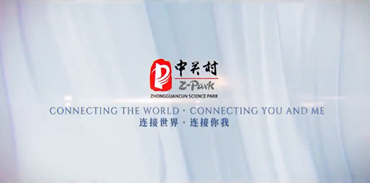China's ride-hailing giant DiDi eyes Latin American market
PUNTA DEL ESTE - Chinese ride-hailing company DiDi is looking to break into the Latin American market, as indicated by a top leader of the company.
"Latin America is today one of the most important markets given its population of 600 million people," DiDi's vice-president of International Business, Gu Tao, told Xinhua on Saturday.
Gu was in Punta del Este, a resort city on a narrow peninsula in southeast Uruguay, for the 11th China-Latin America and the Caribbean (China-LAC) Business Summit, which ended Saturday.
Currently, DiDi is the "fastest growing company in China," and Latin America is part of its global expansion plans, he said.
"Latin America is really relevant for China, that's why we believe we can use our technology and experience to provide the same product in China and to our users in Latin America," said Gu.
Companies like DiDi, which has 21 million affiliated drivers, fill a need sparked by changing economies, he noted, citing a recent study that analyzed the growing pool of available drivers.
Some four million DiDi drivers were formerly laid off workers from a variety of industrial jobs in such sectors as steel in China.
The ride-hailing service generates 170 yuan ($25.7) per capita in income for some 2.6 million drivers each day, most of whom hold other part time jobs.
Analysts believe that China's sharing economy is on the rise, and high rate of growth is forecast to continue over the next few years.
"The sharing economy is growing rapidly in China and it is an opportunity for Latin America also. In our view, in the next 10 years, a family will no longer need to have its own car. All cars will be shared," said Gu.
"Today, in the larger cities, there are too many vehicles on the streets and they take up space. We believe technology can significantly change the automobile industry," Gu added.
In addition to ride hailing and sharing, DiDi offers chauffeur, test drive and car rental services, among others.
In the near future, "there will be self-driving cars and electric cars, and they will be shared. If one can instantly obtain a car anywhere, then he doesn't need a car" of his own, said Gu.
"I have a vehicle in Beijing and 95 percent of the time it's parked, I only drive it five percent of the time. So in the future, all cars will be shared," he predicted.
DiDi bought out Uber's operations in China last year, and has since dominated the ride-hailing sector.

